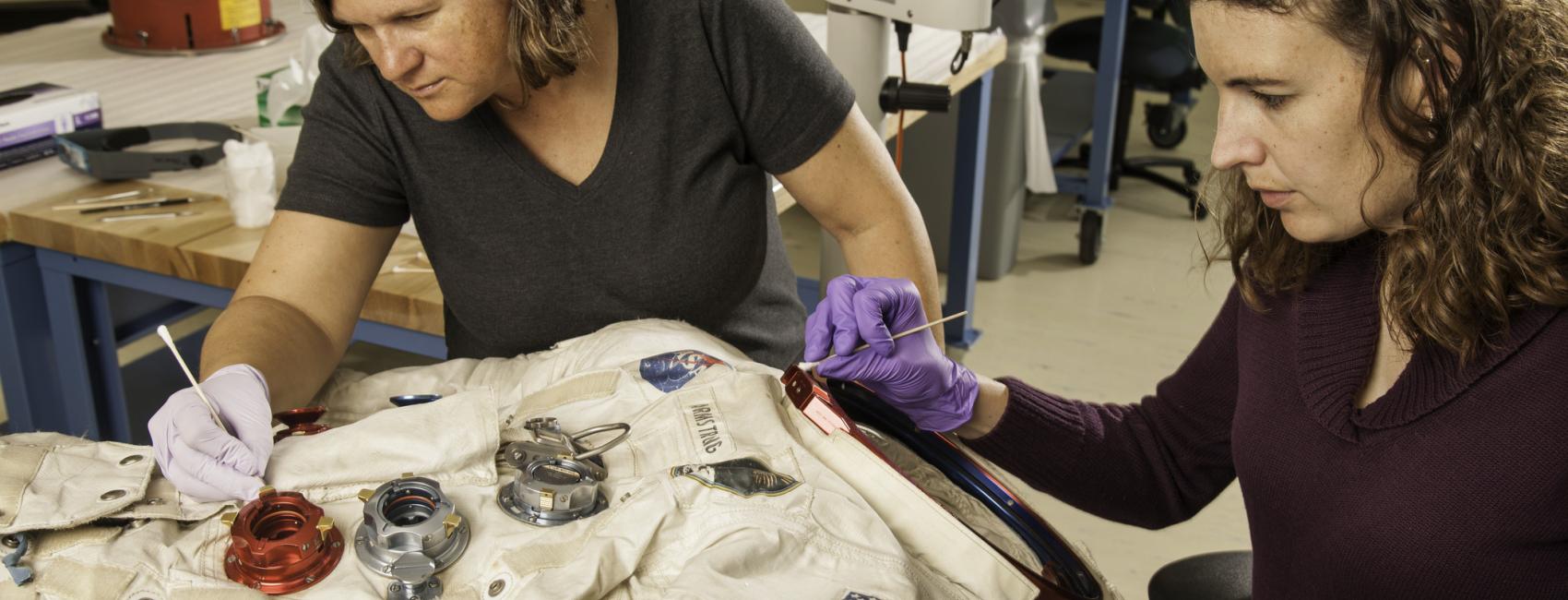
Mar 24, 2010
The formal beginnings of the modern "pro-space movement"—really an extension of the ad hoc efforts to gain and sustain public support for an aggressive spaceflight agenda earlier led by Wernher von Braun and others—might be best traced to the June 1970 formation of the Committee for the Future (CFF), a small group of space activists, dreamers, and misfits. Meeting in the home of Barbara Marx Hubbard, daughter of the toy king, and her husband, artist-philosopher Earl Hubbard, in Lakeville, Connecticut, they proposed establishing a lunar colony. They unabashedly offered this as a great utopian experiment in which humanity, free from the constraints of everyday society, could create a perfect community.
The CFF's charter clearly voiced these utopian ideals: "Earth-bound history has ended. Universal history has begun. Mankind has been born into an environment of immeasurable possibilities. We, the Committee for the Future, believe that the long-range goal for Mankind should be to seek and settle new worlds. To survive and realize the common aspiration of all people for a future of unlimited opportunity, this generation must begin now to find the means of converting the planets into life support systems for the race of Men." They concluded, "A Challenge of this magnitude can emancipate the genius of Man." They also offered shares in the lunar colony to millions of investors, immediately creating a constituency that could lobby Congress for funding for bold space ventures. They convinced Representative Olin Teague, a longtime supporter of Apollo, to sponsor a resolution calling for a study of the feasibility of this lunar effort. When NASA, the aerospace industry, and the science community opposed the resolution, fearing that it might jeopardize other plans, it died a prompt death in Congress. CFF then rewrote the bill to propose a "citizens in space" mission in low-Earth orbit, called "Mankind One," but NASA opposed that as well and it met a similar fate. Many within NASA apparently agreed with the ideology of the CFF, although they eschewed its political strategies. Barbara Hubbard wrote how upon first meeting Christopher C. Kraft, director of the Manned Spacecraft Center (renamed the Johnson Space Center in 1973), he told her, "This step into the universe is a religion and I'm a member of it." Hubbard was deeply troubled, however, by the reaction of NASA to the CFF's proposals. She wrote, "The corporate decision of NASA as a government agency was less responsive than the decision of any of its individual members." One may trace to this incident the beginnings among the Committee for the Future of a wariness that NASA might not "do the right thing" in opening the space frontier to “citizen activities.” Such wariness continues to the present among many in the pro-space movement. Organizing symposia, called "synergistic convergences" or SYNCONs, and publishing literature about a hopeful future in space, members of the CFF converted a sizable group of mostly young people to a utopian future in space. Space groupies came from everywhere to participate in the SYNCONs, some wearing "Star Trek" uniforms, energizing a loyal base of activists who firmly believed that only through space settlement will the human destiny of a perfect society be realized. While the Committee for the Future ceased to exist as a separate organization in the mid-1970s, Barbara Hubbard continued her commitment to an expansive human future in space. Most assuredly the space professionals at NASA and in industry considered Barbara Hubbard and the CFF, both then and now, somewhat "wacky" and without substance. But the CFF represented a strain of spaceflight enthusiasm that could not be ignored—one that emphasized individual activism and blatant utopianism and it gained a greater respectability when later espoused by more credible advocates such as Princeton University professor Gerard K. O’Neill and Cornell University astrophysicist Carl Sagan in the latter 1970s. Barbara Marx Hubbard has remained involved in futurist activities since this time. She was a founding member of the World Future Society, the Society for the Universal Human, and co-founder of the Foundation for Conscious Evolution.

We rely on the generous support of donors, sponsors, members, and other benefactors to share the history and impact of aviation and spaceflight, educate the public, and inspire future generations. With your help, we can continue to preserve and safeguard the world’s most comprehensive collection of artifacts representing the great achievements of flight and space exploration.
We rely on the generous support of donors, sponsors, members, and other benefactors to share the history and impact of aviation and spaceflight, educate the public, and inspire future generations. With your help, we can continue to preserve and safeguard the world’s most comprehensive collection of artifacts representing the great achievements of flight and space exploration.